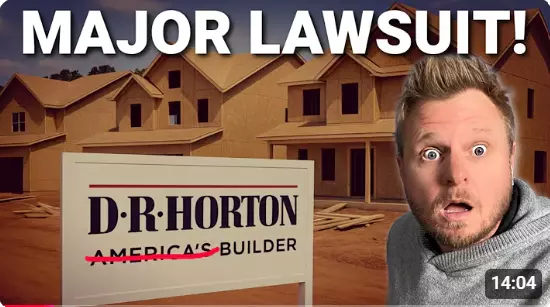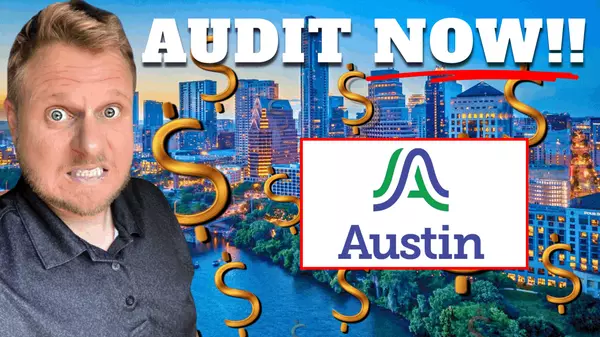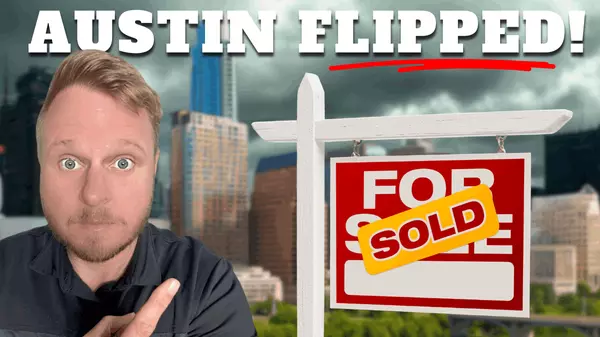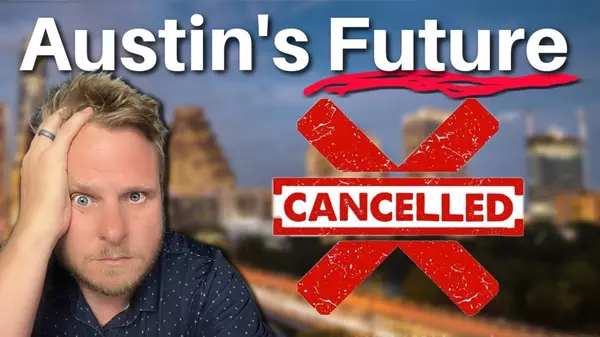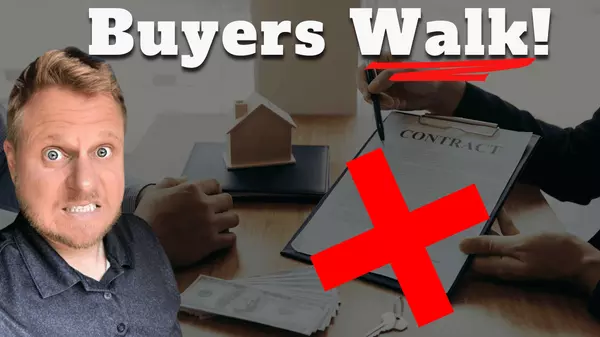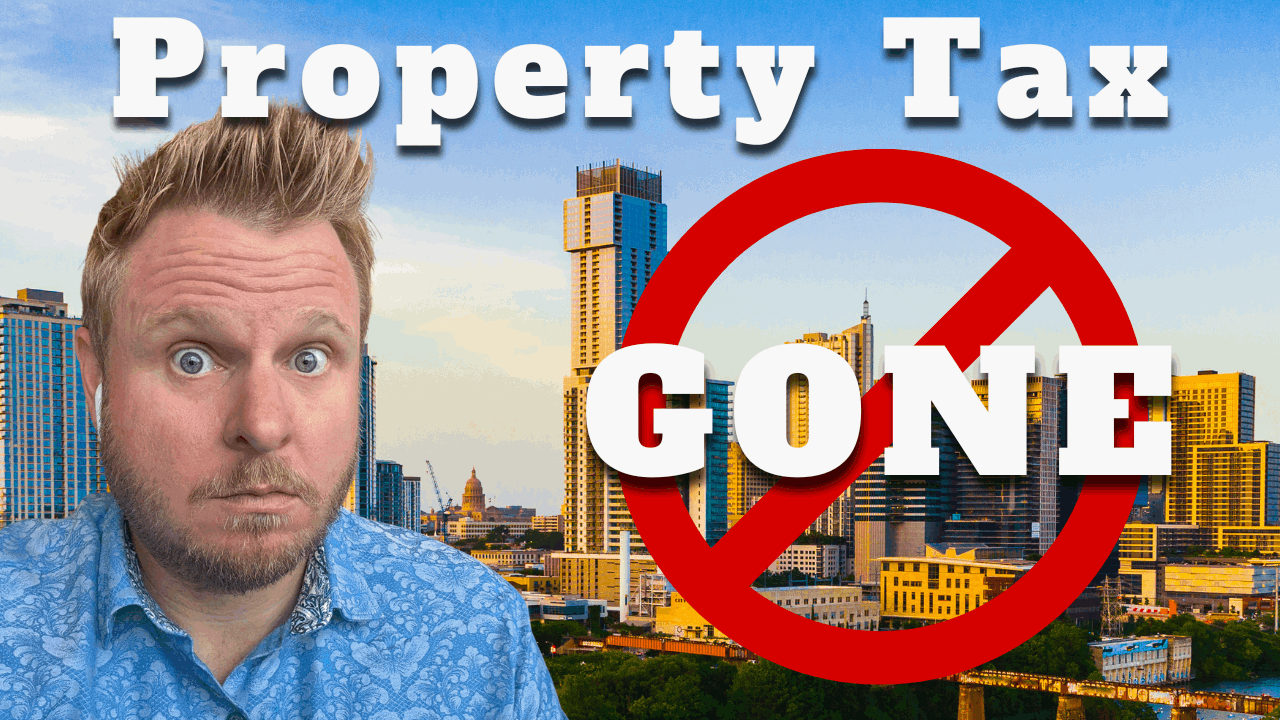Austin Property Tax GONE!!
Texas Property Tax Relief Hits a Wall: What Homeowners in Austin Need to Know
If you own a home in Texas or are planning to buy one there are recent developments in property tax legislation should be on your radar. Despite headlines about potential relief, property taxes in Texas just hit a significant roadblock. A bipartisan group in the Texas House, including both Democrats and conservative Republicans, voted down a compromise on Senate Bill 10 (SB 10), the bill designed to slow the pace of property tax increases without voter approval.
In this post, we’ll break down everything you need to know about what happened at the Texas Capitol, why your tax bill may still be rising even with lower rates, and what this means for Austin homeowners and renters alike.
Understanding Texas Property Taxes: The Basics
Texas is unique among U.S. states in that it does not levy a state income tax. This makes property taxes the backbone of local government funding, including school districts, city services, and special districts like Municipal Utility Districts (MUDs) and emergency services.
To manage growth in property taxes, Texas uses something called the Voter Approval Tax Rate (VATR). Think of this as a speed limit for how fast local governments can increase property taxes without asking voters for permission.
-
Since 2019, the VATR guardrail has generally been set at 3.5%.
-
If a local government wants to increase taxes beyond this, voters must approve the change.
Why Taxes Keep Rising Even When Rates Go Down
Many homeowners are confused: “Why is my property tax bill higher even though the rates seem lower?” The answer comes down to how the VATR interacts with property values.
For example:
-
If property values skyrocket, the same tax rate generates more revenue.
-
If property values drop or remain flat, local governments may raise the tax rate to maintain revenue levels.
In Austin, the city’s budget alone has ballooned to roughly $6 billion, which does not even include school, county, or special district taxes. This illustrates why many Texans feel like their property tax bills keep growing year after year.
What is Senate Bill 10?
Senate Bill 10 was introduced to tighten limits on how quickly cities and counties can increase property taxes without voter approval. Here’s a breakdown of what it proposed:
-
Lowering the cap from 3.5% to 2.5% for larger cities and counties (populations over 75,000).
-
Slowing down the growth of taxes unless voters explicitly approved higher rates.
-
Including Municipal Utility Districts (MUDs) in the cap to target fast-growing suburbs around Austin where homeowners often feel the most tax pain.
For homeowners unfamiliar with MUDs: these districts are similar to special assessment taxes in other states. Developers use MUDs to fund neighborhood infrastructure like water, electricity, and roads, passing the costs onto homeowners.
Why SB 10 Failed
When SB 10 reached the Texas House, several amendments complicated the bill:
-
Conservatives wanted the cap to apply statewide, not just to large cities.
-
They proposed lowering the cap even further to 1%, with exemptions to protect essential public spending.
-
Senate lawmakers rejected these changes, preferring their original 2.5% cap limited to larger jurisdictions.
The final vote? The conference committee’s compromise was rejected, leaving Texas property tax rules essentially unchanged for now. If lawmakers fail to reach an agreement soon, this round of tax relief could completely fall through.
Why Texas Property Taxes Still Feel High
Even with VATR limits and SB 10 headlines, many Texans continue to write larger property tax checks each year. Here’s why:
-
Schools are the largest portion of your bill.
-
Property values continue to rise. If appraisals increase faster than rate reductions, your bill grows.
-
Multiple taxing entities. Many homeowners also pay taxes to MUDs, emergency service districts, hospital districts, and more.
-
Exemptions are limited. Homestead exemptions cap annual growth at 10%, but in hot markets, homeowners can still reach this limit.
In Austin, this issue is particularly acute because of rapid growth and new developments. Many neighborhoods are inside MUDs, so homeowners feel the financial impact immediately.
Austin’s $6 Billion Budget and Your Vote
Adding another layer of complexity: Austin has adopted a budget above the state-approved limit without voter approval. This automatically triggers a tax rate election in November.
-
A “yes” vote allows the city to maintain the higher rate.
-
A “no” vote forces the city to reduce its rate.
Remember, this is just for city taxes which means your school district, county, and other districts will make separate decisions on their own rates.
Will Texas Eliminate Property Taxes?
If you’ve seen social media posts claiming Texas is about to eliminate property taxes, don’t be fooled.
-
Officials say outright elimination is unrealistic.
-
Doing so would cost Texas over $81 billion annually, threatening essential local services like public schools, fire protection, and police.
-
Without property taxes, Texas would have to raise the sales tax dramatically, potentially from 6% to 22%, to replace lost revenue.
So while the idea of “zero property taxes” sounds appealing, it’s simply not feasible with the state’s current funding structure.
What This Means for Homeowners
-
Be prepared for continued growth in property taxes, especially in rapidly growing cities like Austin.
-
Understand MUDs and other special districts that may apply to your property.
-
Stay informed about local elections, including tax rate votes, because your input directly affects your bill.
-
Use available exemptions to limit taxable value increases.
For homeowners, renters, and potential buyers, understanding these dynamics is critical to planning your budget and making informed real estate decisions in Texas.
Final Thoughts
Property tax relief in Texas is complex and politically charged. While Senate Bill 10 attempted to offer a path to slower growth in taxes, the recent legislative gridlock means homeowners may see little relief in the near term.
As an Austin realtor, I recommend:
-
Monitoring upcoming local tax votes
-
Budgeting for rising property taxes
-
Consulting with your realtor about MUDs, school districts, and city budgets
While the dream of eliminating property taxes is not realistic today, staying informed can help Texans take control of how much they pay and understand where their money goes.
Categories
Recent Posts
